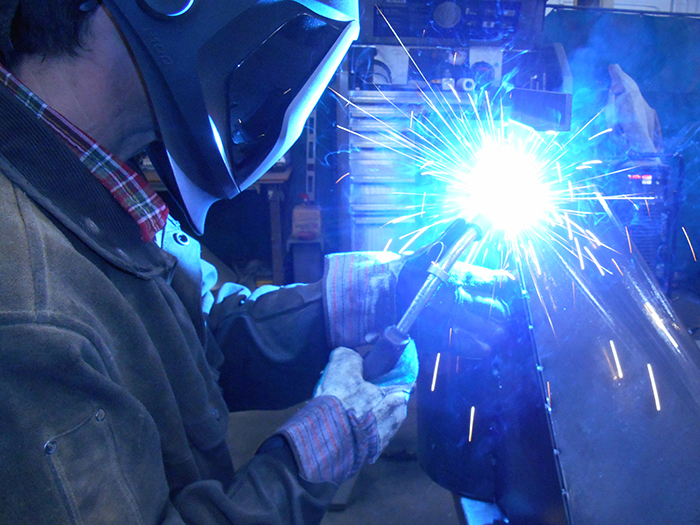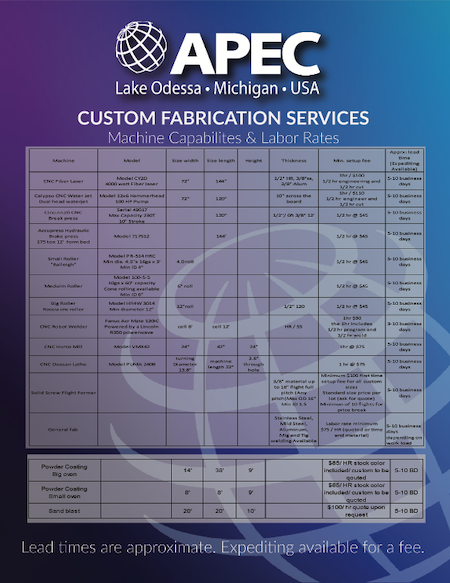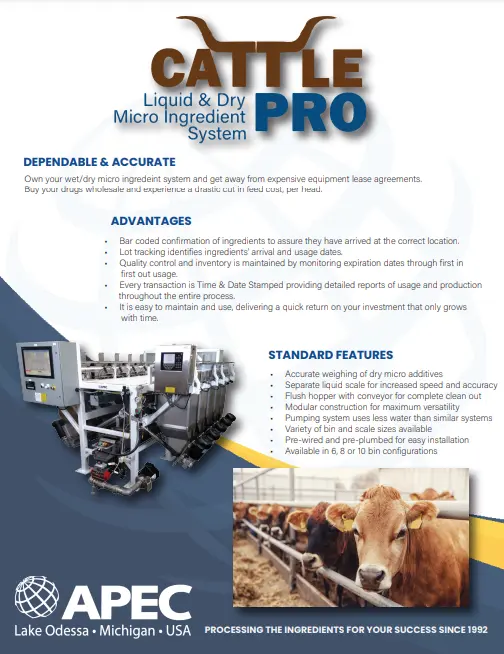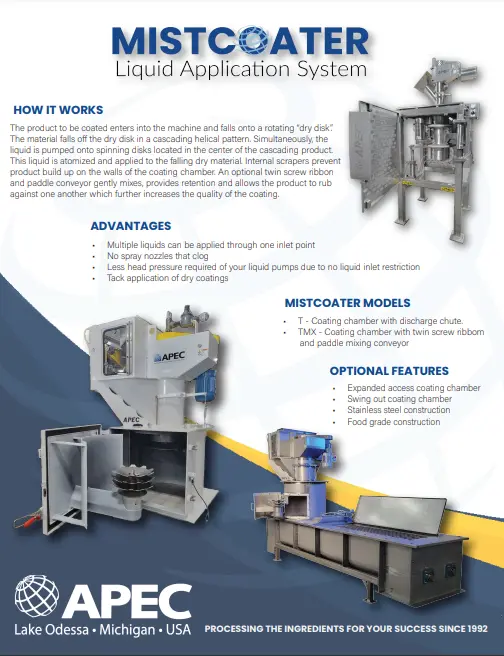
If you’re looking at a tight turnaround time and a big project, you may be wondering how to shorten production times. An outsourced manufacturing partner may be able to help. Outsourced manufacturing can help you tackle large, complex projects faster, or work through unique obstacles as you enter new industries, and ultimately shorten production times.
How Outsourced Manufacturing Can Shorten Your Production Times
Producing More Units
In some cases, the sheer number of units may be more than you can produce alone. Some products or projects experience a high level of demand volatility or seasonal demand spikes, which can be difficult to forecast. If you find yourself in the middle of a project requiring more units in a faster time frame than you can deliver, outsourced manufacturing can help you make up the difference.
There are a number of ways to go about this. You might outsource one part of the project, such as a particular process that presents a time-consuming bottleneck at your shop. This allows you to continue producing more units faster at your own facility, assuming your outsourced manufacturing partner can also keep up. Or, you might outsource a number of starting or finishing processes. Contrastingly, you might subcontract complete production for a specific number of units that exceed your production capacity. This strategy can be risky, however, as it may introduce competitors to your clients.
Reducing Complexity
A job that is particularly complex can create long production times. This might come down to a single process that requires particular experience, attention, and care, or even requires a specific machine. In this case, instead of trying to add a specialized machine on short notice, or make due with those that you have, it’s better to outsource this work.
Machines that are made for the job can complete the process in a fraction of the time, and often do a better job. This allows you to focus on your strengths and avoid over-extending your resources or staff. You can also significantly increase production times by outsourcing a particularly complex part of the fabrication process. If you know that a new contract will require particularly complex, elaborate, or detailed work with a machine that you don’t have on hand, such as laser cutting, waterjet cutting, CNC machining, large-scale powder coating or other custom fabrication processes, outsource these manufacturing tasks to complete the contract faster.
Expanding Expertise
A new, inexperienced welder or machinist can get a difficult job done, but it will probably take them longer than an experienced one. Working with a manufacturing subcontractor can give you access to individuals with more skills and experience. This gives you time to grow your workforce accordingly, or fill in skills gaps as needed.
With some estimates showing a jobs skills deficit of 2 million workers in manufacturing by 2028, this is becoming a more and more common reason to outsource manufacturing. While outsourced manufacturing can help to fill skills gaps presented by uniquely complex contracts, this may not be a long-term solution. If you foresee needs for experienced welders, machinists and other fabricators occurring often in your future contracts, a manufacturing partner can help you fill in the gaps and shorten production times while you work on training or attracting new talent. Consider working with nearby colleges or job skills training programs to bring in new talent, or presenting more competitive job offers for experienced workers.
Accessing Materials
Different manufacturers bring different types of knowledge, expertise and business relationships to the table. If you’ve recently obtained a contract in an industry that you don’t have much experience in, it may take time to grow the supplier relationships you need to obtain the right raw materials or components. An outsourced manufacturer with prior experience in the industry may already have these contacts, and can help you jump into the industry faster.
For example, if you are newly working with a chemical company, you may need access to materials or components that are resistant to corrosion, fire, or explosion. For food contracts, you’ll need to work with food-safe metals or coatings that resist adhesion. Your contract may require that components be resistant to cracking or warping under stress, or produce low electromagnetic interference for sensitive instruments. Working with an outsourced manufacturer can help you shorten production times by satisfying these specific requirements using existing relationships.
If you are considering outsourcing manufacturing to shorten production times, choosing your manufacturing partner carefully. Ask about their experience, staff, machines, and their own production or lead times. With the right manufacturing contractor, you can expand your operations and shorten production times without overextending your resources or taking on more risk







